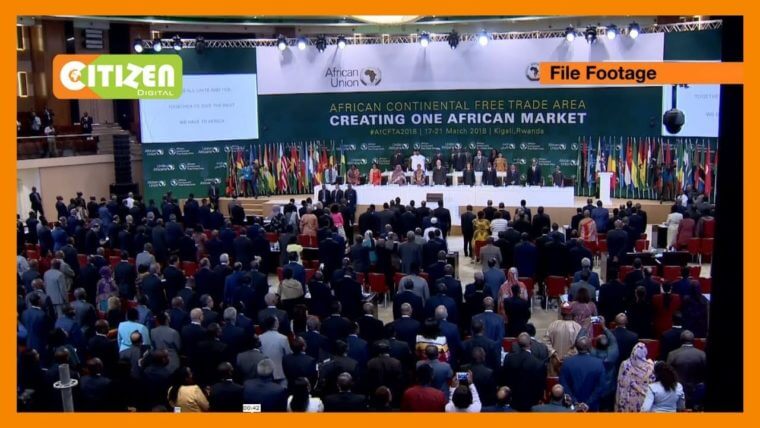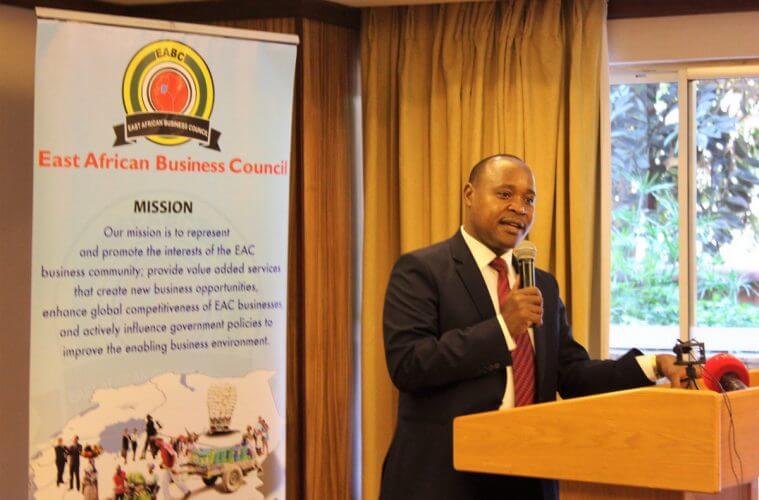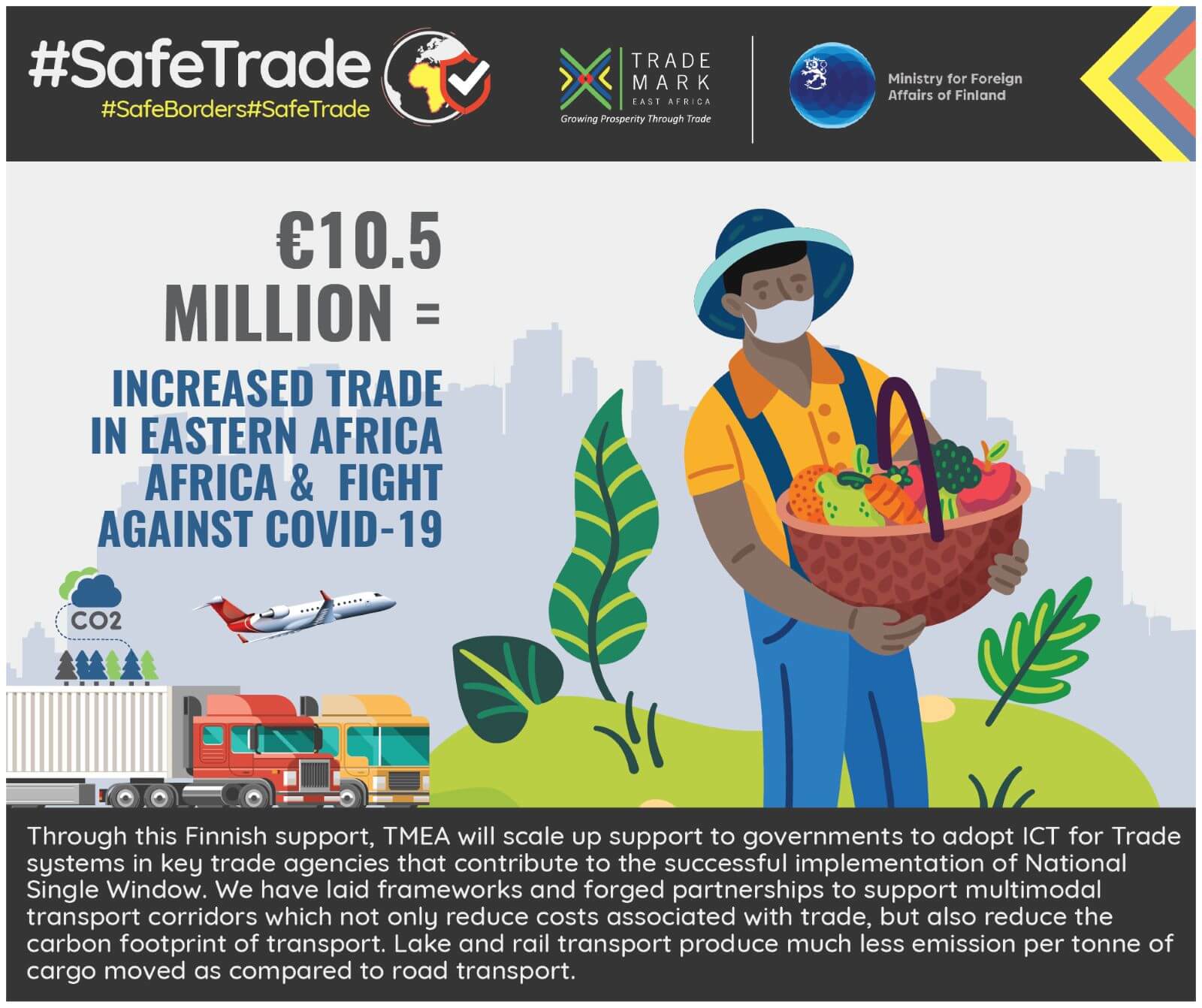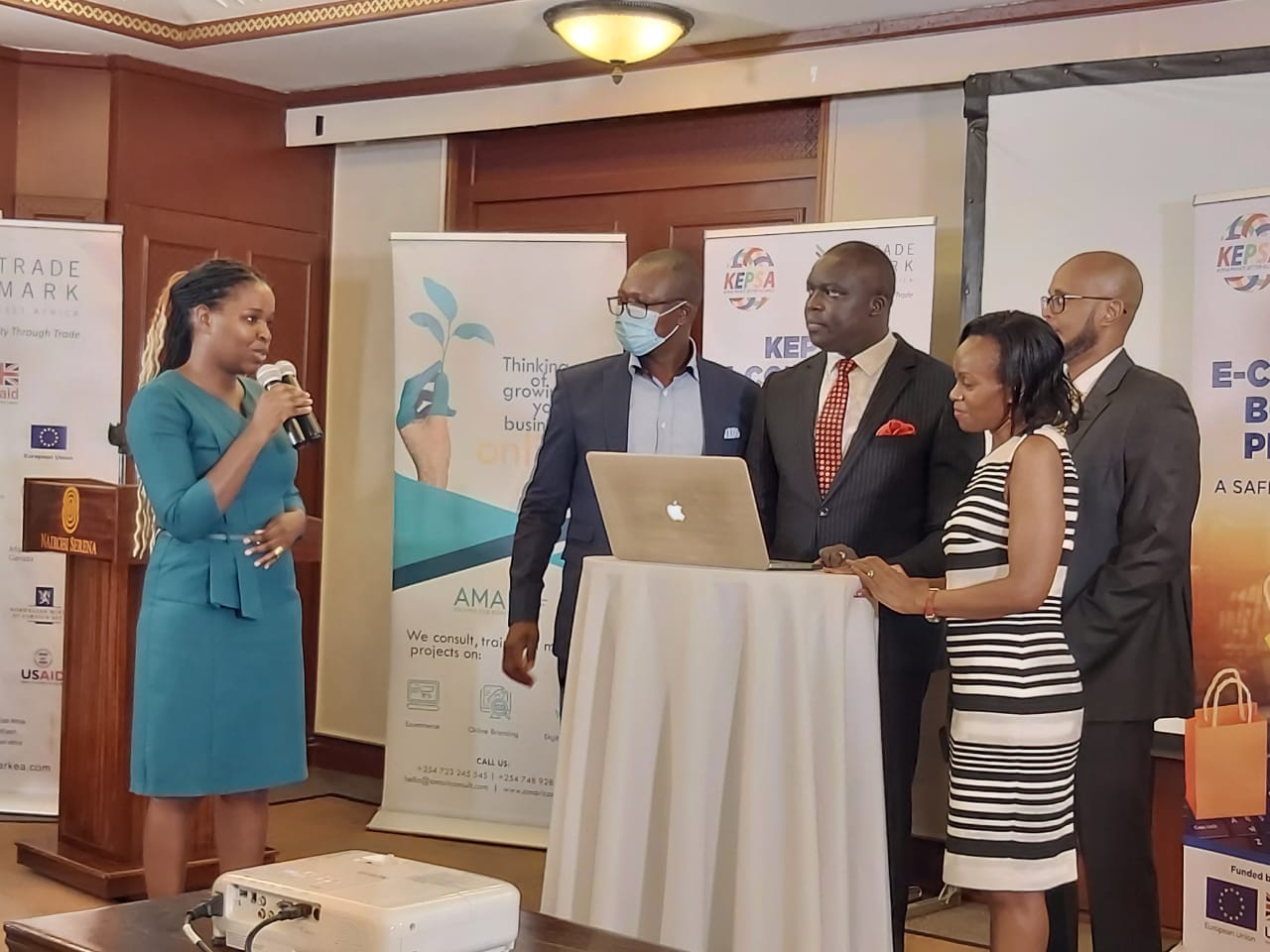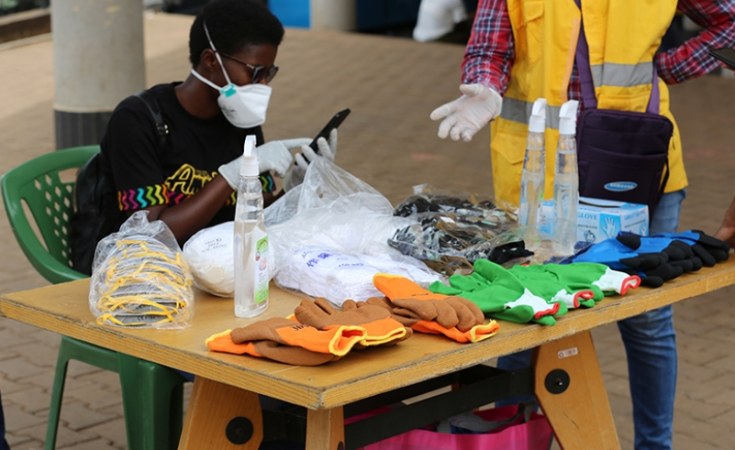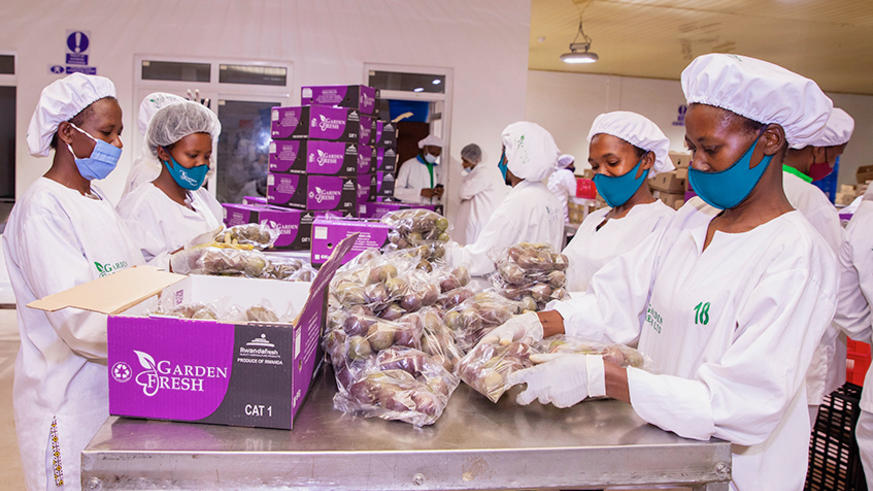Export of goods among East African countries has dropped by more than 30 per cent in the last 10 years as individual countries embark on sustaining their needs. The most affected are consumer products and farm equipment, according to the Ministry of Trade and Industrialisation. This emerged during a validation workshop for the African Continental Free Trade Area (AfCFTA) in Naivasha. Trade and Industrialisation Chief Administrative Secretary David Osiany said many countries had reduced reliance on each other for some products and services owing to the growth of local industries. He said they had instead focused on local production owing to steady demand, instead of relying on imports. “In the last couple of years, exports around the East African countries have reduced drastically as each country embarks on doing its own production,” he noted. Addressing the Press in Naivasha during the workshop on AfCFTA strategy, Mr Osiany, however, downplayed the drop in exports. The AfCFTA was to boost intra-African trade among the 55 member States. “This workshop aims to review the updated draft strategy by ensuring that it is aligned to the national development goals and objectives,” he said. The Secretary of Trade Bruno Lunyiru said Kenya started developing its national AfCFTA implementation strategy in November 2019, noting that the draft had been subjected to public participation twice. “Under this strategy, trade barriers will be removed and this will come in handy for small-scale traders keen to do business with their partners in other countries,” he said. Read original article
Trade within East Africa drops by 30pc
Posted on: March 2, 2021
Posted on: March 2, 2021


